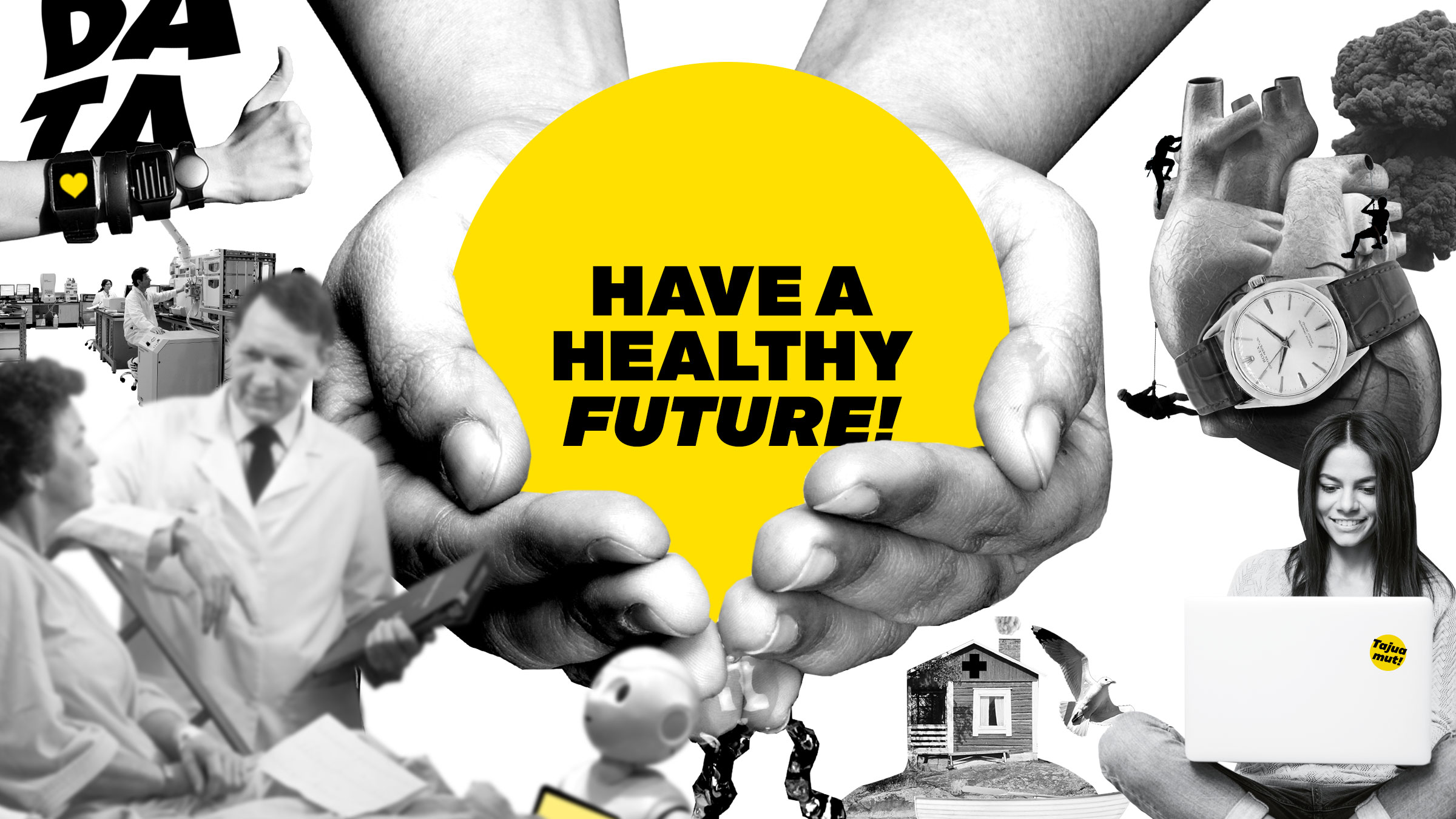Future success requires the ability to reform, co-operation and internationalisation. Without these, Finnish healthcare will not be able to build on its successes.
It was with this maxim in mind that Sitra and Tekes (now Business Finland) began to activate Finnish businesses and organisations just over a decade ago – they had to learn how to co-operate both within Finland and across national boundaries.
In 2006, an internationalisation programme for Finnish healthcare companies was launched, aimed at the US market. One of its targets was the giant HIMSS organisation of US healthcare information system vendors.
HIMSS is a global non-profit organisation that encompasses more than 70,000 global individual members, 630 corporate members and 450 non-profit organisations. Its annual main event is the global HealthTech conference in Orlando, which attracts around 45,000 visitors from nearly 80 countries.
Not all wisdom resides in Finland
Since 2006, Sitra has been raising awareness domestically by inviting the world’s leading thinkers to Finland, people like Professor Michael E. Porter of Harvard Business School in 2008, and Eric Topol, a pioneer in US electronic healthcare, in 2013.
Topol urged Finns to reform and prepare for the greatest revolution in the history of medicine brought about by the extensive use of digitisation in healthcare. According to Topol’s vision, we would not need as many hospitals and doctors in the future as we did then, and still do today. He also predicted that patients themselves would take care of more routine healthcare procedures and free up medical professionals’ time for tasks that require real expertise.
Topol’s ideas have begun to materialise. Slowly but surely, the majority of doctors have begun to understand that a new model in which patients can take part in their own care is needed in healthcare.
Porter’s message, on the other hand, was that the best way to reduce the costs of healthcare in the long run is to enhance the treatment outcomes of patients. The objectives and incentives for all parties must aim to produce the highest value for patients.
Value refers to how much health can be generated at a certain predefined unit price. In healthcare, value is the improvement of health brought about by it.
Porter’s ideas laid the foundation for a report identifying the prerequisites for developing healthcare in Finland. “The Finnish Health Care System: A Value-Based Perspective” was written under the leadership of Juha Teperi, then programme manager at the Ministry of Social Affairs and Health. It introduced to the discussion new strategic views concerning the future of healthcare.
The report, produced with Sitra’s support, connected Porter’s value-based model to Finnish conditions. Topol’s and Porter’s views continue to be influential in this discussion in Finland. Their names have also come up from time to time in debate about the social welfare and healthcare reform.
HIMMS will bring more than 2,000 healthcare professionals to Helsinki
The presentations were necessary as the strengths of the Finnish system, i.e. cost efficiency and social fairness, had begun to erode.
The years of effort have paid dividends. Finns have found networks such as HIMSS abroad and achieved successful interaction.
As proof of this, an estimated 2,000 healthcare professionals from around the world will meet in Helsinki in June 2019. The digital healthcare event, HIMMS Europe and Health 2.0, will be held for the first time in the Nordic countries.
According to former Tekes programme manager Kalevi Virta, who currently works as a consultant, having the event in Finland is itself a significant milestone and achievement. It also seems that next year’s event will be held in Finland.
“HIMSS is a European international event. It’s not only a conference with an exhibition, it also provides a genuine opportunity for establishing relationships and learning from what others have done. There was talk of exports even in 2006, but companies today aim to internationalise at the very start of their operations. This promotes that,” Virta says.
Nordic innovation is appreciated
An international organisation becoming interested in a small country such as Finland is not a given. In addition to requiring co-operation between Finnish parties across sectoral boundaries, it is the result of networking.
Finns have gradually learned how to credibly demonstrate their skills.
The strong reputation of the Nordic countries has not done it any harm, either. The HIMSS organisation appreciates the Nordic countries’ progressive IT, attitude and innovation and the strong role of businesses. According to Virta, this view was strengthened when the directors of HIMSS and Health 2.0 visited Finland last year.
After the visit, Business Finland and Sitra promptly decided to apply for the event to be held in Finland, and HIMSS was almost as quick in choosing Finland.
Why is the HIMSS event significant for Finns?
Co-operation between businesses and the organisers, networking, data exchange, building assessment tools and expertise are key to the event.
Finns should note that their problems are not necessarily unique after all, but the challenges are often similar in different countries. In addition, the participants will obtain ideas for developing their operations. They can benchmark their operations with others and learn about others’ needs.
Spending the time well allows one to come up with a view of the future direction of healthcare.
“Finland is undeniably at the top”
According to Kalevi Virta’s view, internationalism has become an all-encompassing theme over the last 10 years. Thanks to the internet and other factors, the world has become smaller at an astonishing rate.
Finnish healthcare is currently undergoing a major transformation. According to Pia Heikkurinen, Theme Specialist at Sitra, the biggest future challenge for Finns is the capacity for renewal.
“Renewal is difficult because Finland is undeniably at the top. However, we do not have national experience in renewal at the top. We had Nokia, which was incapable of renewal and ended up in steep decline. The chosen strategy, imagining that nothing needs to be fixed unless it’s broken, is no longer enough for future success,” Heikkurinen says.
If businesses and systems do not adapt to the change brought about by the digital transformation and begin to seek ideas and implement them, there is a high risk of them becoming insignificant.
Someone else will come along and carry out the change.
Some Finns are prepared to keep their foot on the gas even while at the top, but we could do with more of that courage.
Sitra has aimed to contribute to pushing healthcare operators forward. The idea is that those who will be successful in the future are the ones who seek ideas, challenge themselves and accumulate social capital.





Read more